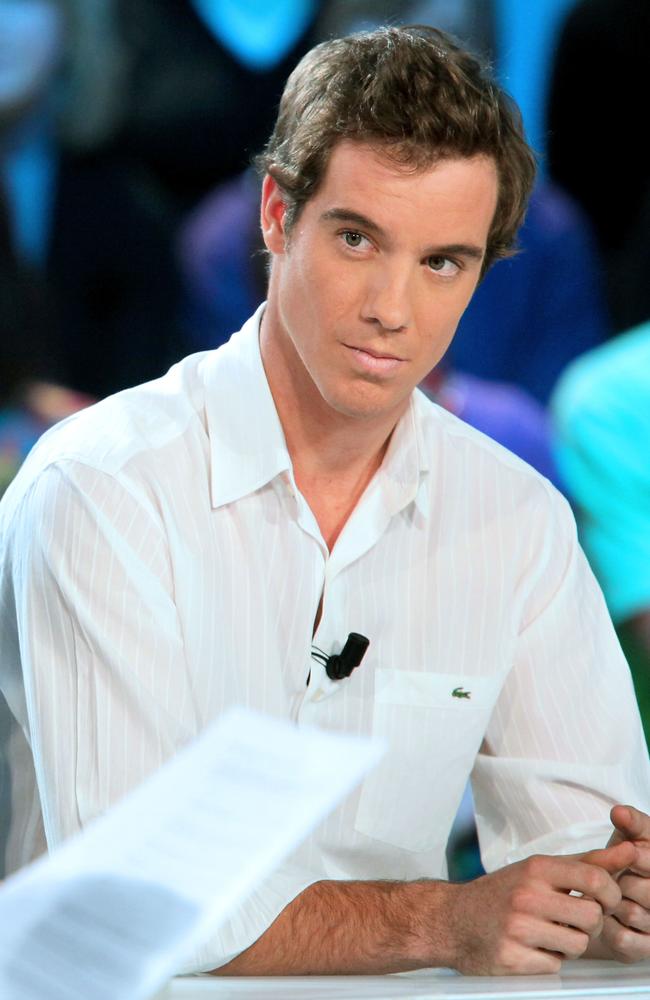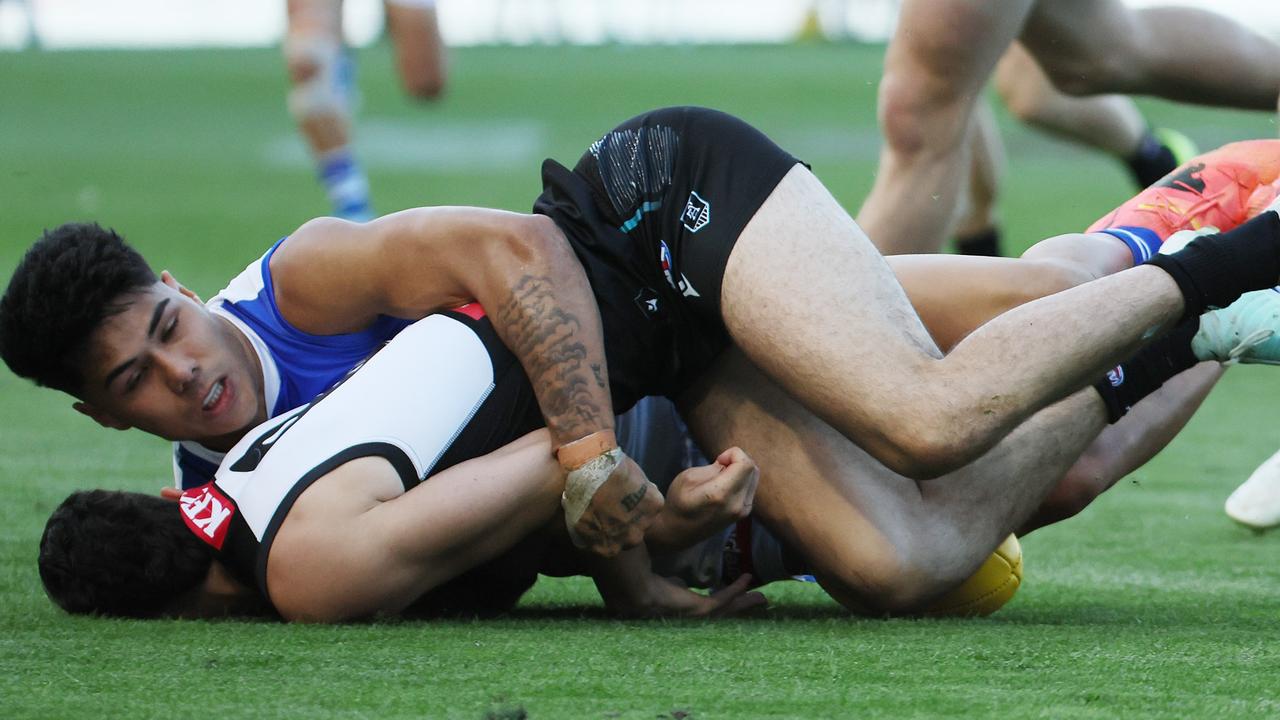Experts call for change to drug code as casual sex and kissing could lead to drug contamination and possible bans
Don’t kiss a stranger, avoid casual hook-ups and one-night-stands a no-no - that is the advice from experts to elite athletes to avoid possible drug contamination as they call for a change to the drug code.
Sport
Don't miss out on the headlines from Sport. Followed categories will be added to My News.
Elite athletes have been warned against one-night stands and other forms of casual sex by anti-doping experts because of the risk of being contaminated with banned drugs.
At a conference in London yesterday (Thursday), experts called for a change to anti-doping rules to make a clearer distinction between intentional cheating and forms of contamination, including via sexual transmission.
But until the World Anti-Doping Agency (Wada) code has addressed the issue, athletes are being reminded they could find themselves in trouble under strict liability rules if they attempt to blame a sexual encounter but cannot produce a witness to support their defence.
In 2009, the top French tennis player, Richard Gasquet, was cleared by the Court of Arbitration for Sport after it was accepted that his positive test for a metabolite of cocaine was “probably” caused by kissing a woman in a nightclub. The woman in question gave evidence, which proved crucial.

In 2020 Virginia Fuchs, an American boxer, was also cleared of doping by the United States Anti-Doping Agency (Usada) when it emerged that her male partner was using therapeutic doses of GW1516, a banned drug that boosts endurance. The metabolites detected in her sample “were consistent with recent exposure to the substances via sexual transmission”.
At the Sports Resolutions Annual Conference in London, Mark Hovell, a leading sports lawyer who chaired the independent panel for the doping case between the International Tennis Integrity Agency and the world No 1, Jannik Sinner - who maintained his innocence but accepted a three-month ban from Wada after two failed tests - cited the Gasquet case. “He managed to get her to give evidence,” Hovell said. “To say, ‘I used cocaine and I kissed him in this nightclub.’ But with this one-night stand, how are you going to be able to find that person again? That’s the problem.”
Hovell was then asked if, by that, he meant an athlete might have a problem if they could not find the person they were blaming for the contamination. “They might not have the evidence they need,” he said.
Travis Tygart, the chief executive of Usada, said: “It’s so pathetic that we’re having this conversation. But I think based on the cases we’ve seen, watch who you kiss. Watch out who you have an intimate relationship with.

“To tell that to elite athletes, I think it’s a pretty ridiculous world we’re expecting our athletes to live in, which is why we’re pushing to try to change these rules to make it more reasonable and fair. Really, it’s incredible to think that you have to tell athletes to be careful who they may have intimate relationships with. And it’s why we have to change the system, so that’s not the world that elite level athletes are expected to live under.”
Tygart explained what changes needed to be made, among which would be classing such cases as atypical findings rather than adverse analytical findings. “There’s a handful of substances that you could say at certain levels, and we’re talking very, very low levels, you put in an MRL [minimum reporting level],” he said.
“Wada is already doing it for Clenbuterol, meat enhancers, and diuretics. Add a few more substances to that - Clostebol would be one of those, because we know it can transfer between people through intimacy. Ostarine is another.”
Tygart has been at the forefront in criticising Wada for its handling of the case involving 23 Chinese swimmers who went unpunished despite testing positive for Trimetazidine (TMZ) before the Tokyo Olympic Games in 2021. Wada accepted the Chinese anti-doping agency’s explanation that the positives were caused by mass contamination in a hotel kitchen.
Usada now estimates the participation of the Chinese swimmers in both Tokyo and last summer’s Paris Games had an impact on 96 medals.
“It has been a year since China’s failure to follow the rules resulted in no consequences; Wada didn’t do anything about it,” Tygart said.
“Unfortunately the process wasn’t followed. They were swept under the carpet.”
COPYRIGHT - THE TIMES, LONDON
Originally published as Experts call for change to drug code as casual sex and kissing could lead to drug contamination and possible bans


